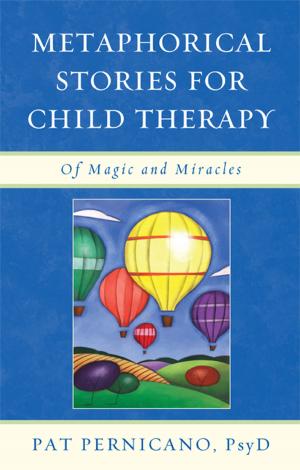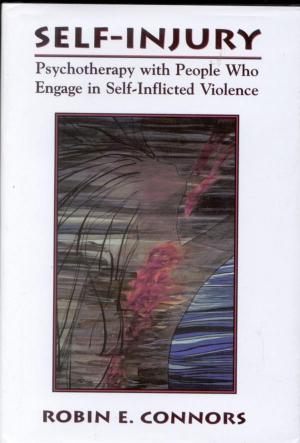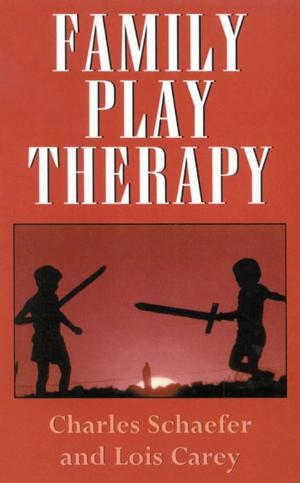The Impact of Complex Trauma on Development
Nonfiction, Health & Well Being, Psychology, Developmental Psychology, Clinical Psychology, Child & Adolescent, Child Development| Author: | Cheryl Arnold, Ralph Fisch | ISBN: | 9780765708830 |
| Publisher: | Jason Aronson, Inc. | Publication: | October 16, 2011 |
| Imprint: | Jason Aronson, Inc. | Language: | English |
| Author: | Cheryl Arnold, Ralph Fisch |
| ISBN: | 9780765708830 |
| Publisher: | Jason Aronson, Inc. |
| Publication: | October 16, 2011 |
| Imprint: | Jason Aronson, Inc. |
| Language: | English |
The Impact of Complex Trauma on Development describes what happens cognitively and emotionally, behaviorally and relationally, to people who are repeatedly traumatized in childhood. Part One brings together trauma theory with a number of theories of human development. It directly addresses and describes developmental pathology and its origins. Through powerful examples, it conveys to the reader the pain and destruction caused by ongoing trauma, abuse, and continuous stress. Part Two, written from the perspective of a clinician who has worked extensively with traumatized children and adults, is primarily directed to mental health professionals and graduate students. These chapters are devoted to describing how to recognize the pathological consequences of trauma and how to intervene and remediate these developmental deficits. The overarching theory is psychoanalytically-based and developmental, but other treatment approaches are integrated into the therapy when they are developmentally and therapeutically appropriate. The text raises important questions related to the development of the self, its relationship to therapy, and the diagnosis and treatment of complex trauma in children, adolescents, and adults.
The Impact of Complex Trauma on Development describes what happens cognitively and emotionally, behaviorally and relationally, to people who are repeatedly traumatized in childhood. Part One brings together trauma theory with a number of theories of human development. It directly addresses and describes developmental pathology and its origins. Through powerful examples, it conveys to the reader the pain and destruction caused by ongoing trauma, abuse, and continuous stress. Part Two, written from the perspective of a clinician who has worked extensively with traumatized children and adults, is primarily directed to mental health professionals and graduate students. These chapters are devoted to describing how to recognize the pathological consequences of trauma and how to intervene and remediate these developmental deficits. The overarching theory is psychoanalytically-based and developmental, but other treatment approaches are integrated into the therapy when they are developmentally and therapeutically appropriate. The text raises important questions related to the development of the self, its relationship to therapy, and the diagnosis and treatment of complex trauma in children, adolescents, and adults.















